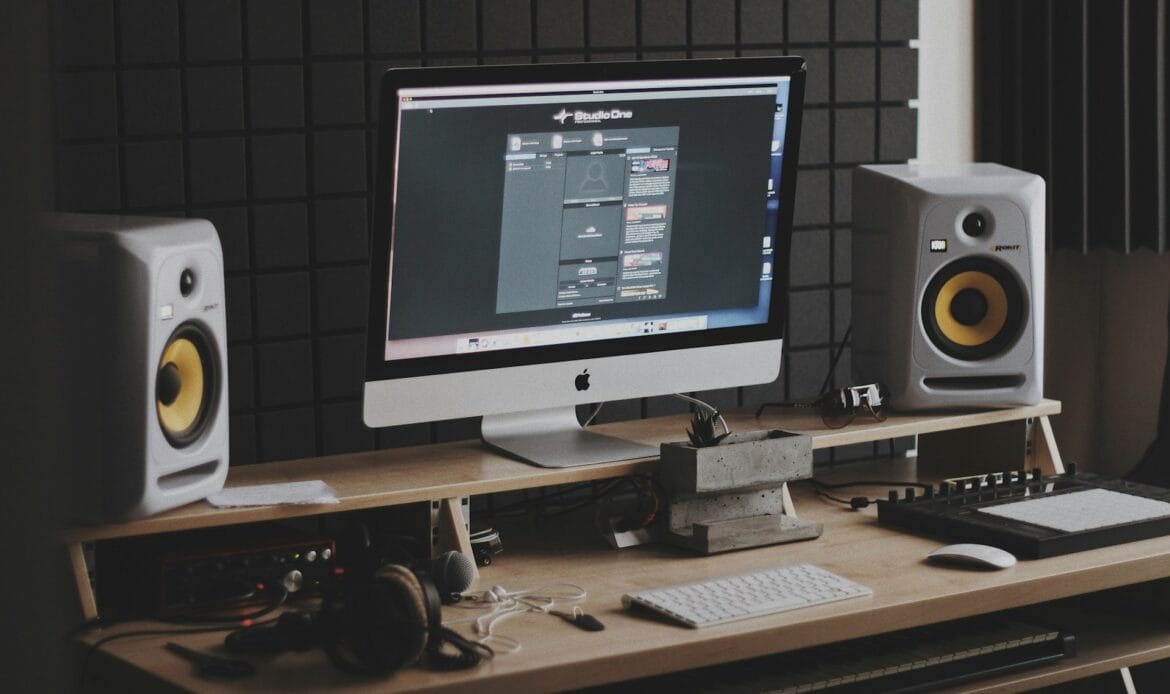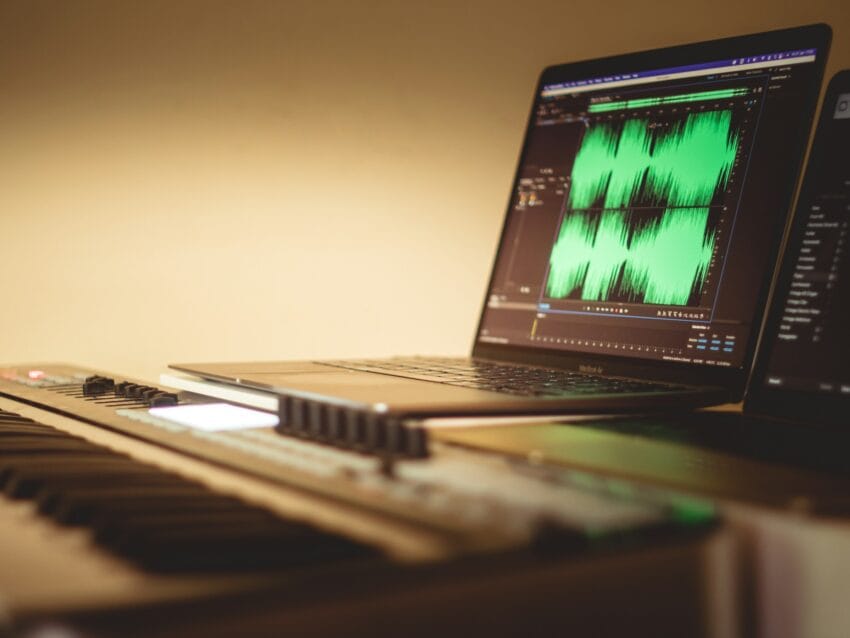A New Era for Creativity—or the End of Homemade Sound?
Music has always been a mirror of culture. From garage bands recording on cassette tapes to multi-million-dollar studios crafting polished pop hits, the way music is created has shaped generations. Today, we’re standing at another turning point, and this one is powered by artificial intelligence.
AI is changing how songs are written, produced, and even performed. While this innovation is exciting and full of possibilities, it also raises questions about the future of homemade, heartfelt music.
How We Got Here: The Industry Set the Stage
It’s important to remember that this moment didn’t appear out of thin air. For decades, major labels and pop studios leaned heavily on pre-packaged sounds, ghostwriters, and corporate formulas. Many artists never had the chance to control their own music careers—contracts tied up their rights, producers controlled their sound, and studio systems prioritized profit over originality.
In a way, the industry’s dependence on prefabricated music paved the road for AI to step in. If the people behind the charts weren’t writing their own material anyway, why not let software generate the melodies and lyrics?
The irony is striking: the same system that once locked out independent voices has now indirectly opened the door for them.
The Rise of DIY Artists
While AI is shaking up the studio system, another revolution is happening in parallel: independent artists can now self-publish and distribute music for less than the cost of a night out.
- DistroKid and similar platforms allow musicians to push their songs to Spotify, Apple Music, Amazon, and dozens of other major outlets for under $100 per year. What used to take managers, labels, and contracts now takes only a laptop and some passion.
- MasterChannel and other AI-driven mastering services let anyone polish their tracks professionally for under $100—a process that once cost thousands and required access to industry-grade studios.
Ten years ago, this would have sounded like science fiction. Today, it’s the reality of bedroom producers everywhere.
The AI Advantage
For amateur musicians, AI can feel like a gift.
- Songwriting tools generate melodies, lyrics, and even full arrangements in seconds.
- AI mixing and mastering polish sound quality to near-radio-ready levels.
- Generative AI vocals allow artists without a singing voice to still release music under their name.
The barrier to entry has never been lower. A teenager with a laptop and an internet connection can now produce music that competes in quality with chart-topping hits.
This levels the playing field in ways we’ve never seen before.
The Sad Side: Homemade Music at Risk
But there’s another side to this story.
When every artist has access to the same AI tools, will we lose the raw, imperfect beauty of homemade music? The shaky guitar recordings, the slightly off-pitch vocals, the unique quirks that make a song human—these are the qualities that have given music its soul for centuries.
If everyone leans on AI for perfection, we risk sanding off the rough edges that make independent music magical. Ironically, the very tools that empower artists could also homogenize them.

So… Good or Bad?
The truth is, no one knows yet.
On one hand, AI empowers amateurs to create, publish, and share their voices with the world. On the other, it may accelerate the decline of music that feels truly raw and homemade.
Perhaps the most likely outcome is balance: AI will become another tool, like drum machines or autotune, that artists can choose to use or reject. Just as some musicians embraced synthesizers while others clung to acoustic guitars, AI may simply widen the spectrum of what’s possible.
Final Thoughts
At Web Host Pro, we’ve always believed in the power of technology to empower individuals. AI music tools are no different—they give the independent artist new freedom, new reach, and new chances to be heard.
Whether AI is a blessing or a curse for music is still uncertain. But for now, one thing is clear: the amateur artist has more power than ever before. And in a world where so many voices have gone unheard, that’s something worth celebrating.

